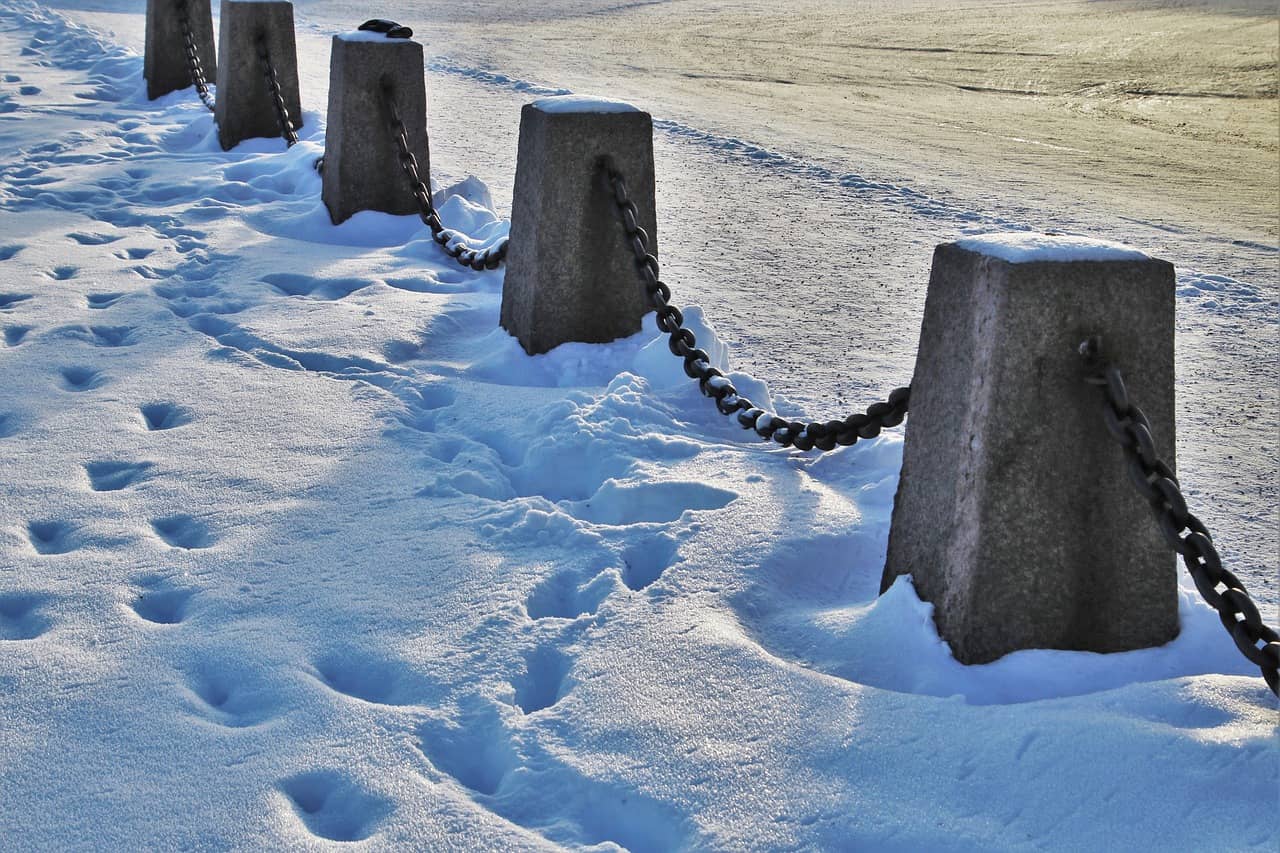
On October 21, 2021, the Supreme Court of Canada released the decision of City (Nelson) v. Marchi. In the decision, a unanimous court held that the City of Nelson’s snow removal activities did not fall under “core policy” government decisions and thus were not immune from claims of negligence.
The ruling could have widespread implications for municipalities across the country and what activities are considered to be core policy decisions.
Facts and History of the Case
In January 2015, Taryn Joy Marchi suffered serious injuries to her leg when she attempted to climb over a snowbank that was created when snow removal services cleared snow on a street of angled parking spaces in the city core. She sued the City for her injuries.
In dismissing Ms. Marchi’s claim, the trial judge held that the City’s snow removal decisions were core policy decisions and, as such, the City did not owe Ms. Marchi a duty of care. The trial judge also held that, even if the City’s decisions were not core policy decisions, the City had not breached its standard of care, and, that even if there was a breach, Ms. Marchi had caused her own injuries. Ms. Marchi appealed the decision to the B.C. Court of Appeal, which overturned the trial judge’s decision. The City appealed to the Supreme Court of Canada.
The Decision
In its unanimous decision, the Supreme Court held that the City’s snow removal policies were not core policy decisions and that the City owed Ms. Marchi a duty of care. For issues relating to standard of care as well as causation, the court ordered a new trial.
Determining Core Policy vs. ‘Operational’ Decisions
In its judgment, the Supreme Court reviewed the framework to be followed when determining whether a duty of care exists as well as the framework to be applied when determining whether a government decision is one of “core policy” (and thus immune from liability claims).
The court held that Ms. Marchi’s case fell within previous categories of duty of care recognized by the jurisprudence. Once a duty of care is established, the onus falls on the public authority to prove that it is immune from liability on the basis that its decisions were “core policy” ones.
The court recognized the wide range of decision-making made by government. At one end, governments are responsible for broad policy choices, decisions for which the courts are hesitant to impose a duty of care in order to uphold the separation of powers between the various branches of government. At the other end are activities, such as ‘operational implementation’, for which public authorities can be held liable for their negligence.
The court identified four factors from the previous caselaw to assist in the identification of core policy decisions: the level and responsibilities of the decision-maker; the decision-making process; budgetary considerations; and the use of objective criteria in reaching the decision. The court stated that just because a decision involves budgetary or financial implications does not make it a core policy decision. In addition, just because a document or plan has the word “policy” in it does not mean it is a core policy decision.
In applying the framework analysis, the Court held that the City’s snow removal in that particular location was a routine part of the municipality’s snow-removal operations and “not the result of a core policy decision immune from negligence liability.”
What does this case mean for Ontario municipalities?
While the decision could have implications for municipalities across the country with regard to snow and/or ice removal from municipal property, it remains to be seen how it will affect persons injured on municipal sidewalks in Ontario as a result of snow and ice removal.
In Ontario, municipal liability for injuries caused by snow or ice on sidewalks is regulated by s. 44(9) of the Municipal Act, which states that municipalities are only liable in cases of “gross negligence”.
If you have been injured after a slip and fall on municipal property in Ottawa or anywhere across Eastern Ontario, contact one of our personal injury lawyers today for a free consultation:
By phone: 866-285-2681
Email: info@sginjurylaw.ca
Or fill out our Case Form
